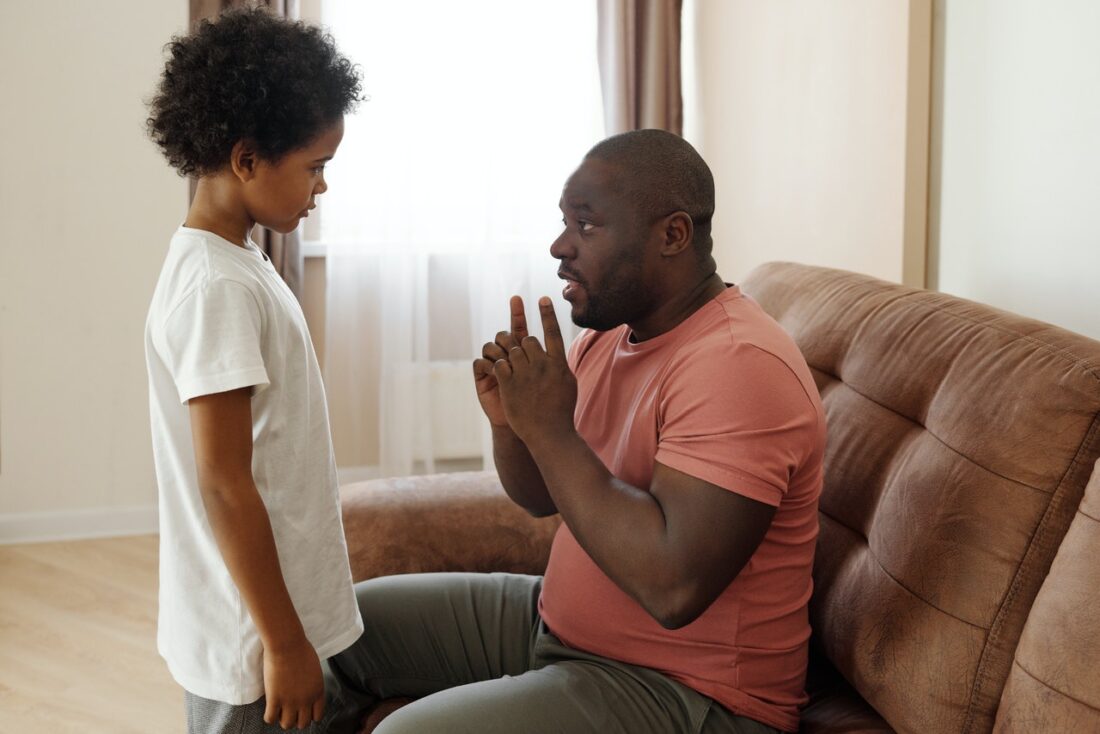Who’s the Boss?
Teaching decision-making in the family
Good habits formed at youth make all the difference. - Aristotle
Arm your battalions! Prepare your missiles! It’s war time yet again in the household as the family tries to make another decision. These days, many parents are going to an extreme by giving their children too much leeway in decision-making. So much so, that when a parent makes a decision in the household, they are greeted with contestation. Well, now is the time to end the war! Parents are the guardians of the household; they should oversee the decisions being made and thus teach their kids how to properly make their own decisions, without evoking protest on each turn.
Are parents the ones in charge of the decisions being made or are kids taking the power? This piece offers advice on regaining control of the household as well as teaching children sound decision-making through effective parenting.
Taking a child’s age in to account when assigning decision-making is crucial. A parent must always consider whether the child is mentally old enough to go through the thought process required to make a decision, or not.
With scientific research bringing forward more evidence on brain development, we have learnt that many cognitive skills require years to mature. The brain continues to evolve well into a person’s twenties, and many skills such as memory, mental flexibility, decision making, and self-control take time beyond childhood and adolescence to mature.
Children aren’t born with decision-making skills—they are born with the foundation to develop them over many years.
If these skills take all this time to develop, are we asking too much of our child by handing big decisions over to them? In our clinical practice, we counsel parents to ask themselves whether the child is able to cognitively decide which school is better for them? Which mode of transport should they use to move independently? Where the destination of the next family holiday would be? Giving a major decision to a child who has not yet matured their decision-making ability is a big burden, and can put a lot of pressure on their mental health.
Some decisions must always remain in the hands of the parent/s, especially when it comes to the child’s safety and well-being. The remaining question is, given that the child is of an appropriate age, how do we teach our children to make good decisions?
Good decisions made by children are those that promote their wellbeing and the well-being of others in their surroundings. Establishing a solid and clear-cut value system in the household (one that cultivates attributes such as love, consideration, respect, kindness, etc.) is essential in helping children make good decisions because these values act as a reference point. When our value-system at home instills good attributes, our children are bound to replicate these in their decisions. A child sitting in a hospital waiting area is more likely to decide to give up her seat for an elderly man if she has been taught the values of respect and consideration.
Another key factor in teaching decision-making, is modeling; children learn how to make decisions based on how they see their parents making them; Kids will do as we do! As parents, even if we face conflict, it is important to show our children that even during conflict we remain respectful and listen to each other – during decision making, we continue to acknowledge the values and the reasons others may have. And, of course, we have to model these positive behaviors consistently.
The parent/s must be the primary decision maker in the household. Then comes the child, who is mentored to acquire decision-making skills gradually and healthily. Through setting up a value system and modeling positive behavior, you will have a better chance of raising life-long sound decision-makers.



